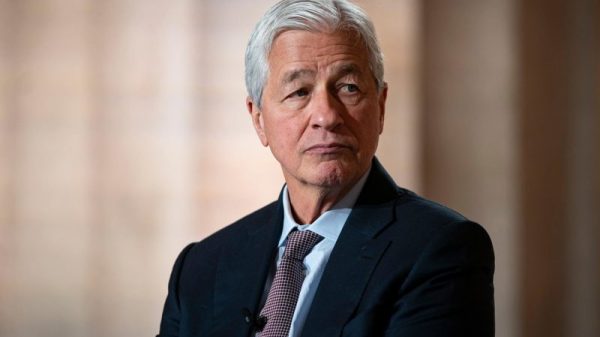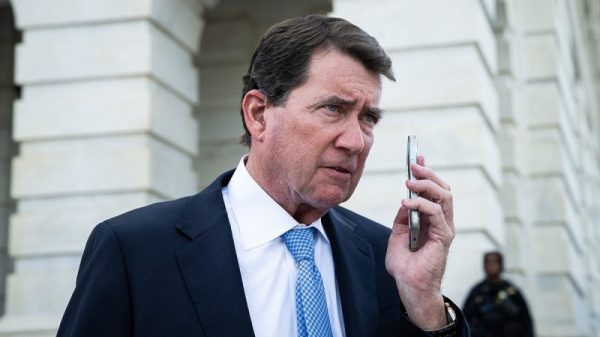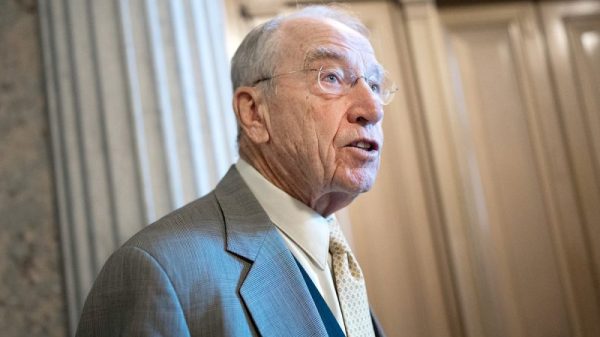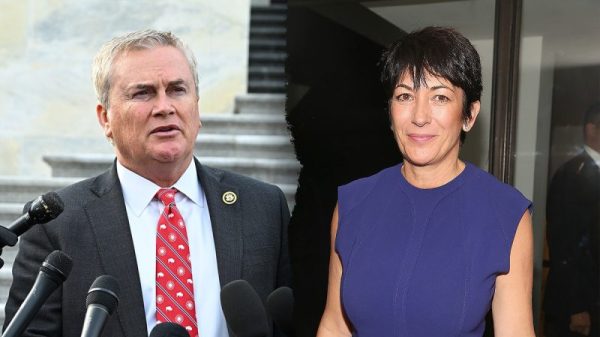Argentine President Javier Milei has postponed the implementation of his much-anticipated dollarization plan. Some commentators, including Steve Forbes, have urged Milei to pick up the pace before it’s too late. Is it too late for Argentina to dollarize?
One major concern with Argentina’s dollarization plan is whether the government actually has enough dollars to convert its outstanding pesos. The central bank has a large amount of financial liabilities that need to be dollarized, and carries negative net reserves.
There are two reasons why the concern about Argentina’s dollar holdings is overstated. First, those concerned typically overstate the amount of dollars required to dollarize. The typical calculation involves dividing peso-denominated monetary (currency) and financial (central bank bills) liabilities by the amount of net reserves held by the central bank. But this approach implicitly assumes that all dollars are needed on day one. That’s not the case. For comparison, Ecuador and El Salvador took nine and twelve months respectively to exchange their domestic currency in circulation for dollars. That allowed ample time for the central bank to acquire more dollars if necessary.
Furthermore, the amount of dollars needed to dollarize depends on how the process is implemented. El Salvador dollarized its currency voluntarily, without setting an expiration date for its domestic currency. If Argentina were to take a similar approach, the public would convert its pesos to dollars at their discretion, such as by making bank deposits or paying taxes to the government. This flexibility can significantly reduce the amount of dollars needed for dollarization. The government might also pay off its peso-denominated central bank liabilities gradually instead of purchasing them with dollars on the day dollarization is announced.
Second, those concerned typically understate the supply of dollars available. Most critics determine the feasibility of dollarization by extracting the amount of net reserves from the central bank balance sheet. That approach treats net reserves as an exogenous value that dictates whether dollarization can occur on any given day. But Argentina can also borrow dollars, which means the total amount of US dollars available is an endogenous variable influenced by the government’s commitment to the reform.
Consider two scenarios. In the first scenario, Argentina turns to international institutions and financial markets to secure additional dollars in order to continue its historical practice of financing a persistent structural deficit. In the second scenario, it approaches international institutions and financial markets with a well-designed dollarization plan and a strong political commitment to see that plan through. The Argentine government can secure more dollars — and, on more favorable terms — in the second scenario because investors will believe they are more likely to be repaid.
It’s not that Argentina lacks dollars. Rather, it is that the Argentine government lacks the will to commit to its dollarization plan. Dollarization may be spearheaded by the President, but it requires the support of other key political actors, such as the Ministry of Economics, Congress, and the Central Bank. Considering the size of the Argentine economy, the quantity of dollars needed to dollarize would be well within reach if only its leaders could commit.
Dollarization in Argentina is still possible. Perhaps Milei’s plan is to complete other much-need reforms before dollarizing. If he can complete those reforms and avoid a crisis, he might garner enough political support to implement dollarization. But it is unclear why his political opponents would support dollarization in a scenario where they see economic indicators improving. Alternatively, and perhaps more likely, Argentine leaders might delay dollarizing until the country finds itself facing a crisis once again. In that scenario, dollarization would be implemented out of necessity rather than conviction. Let’s hope it doesn’t come to that.





































